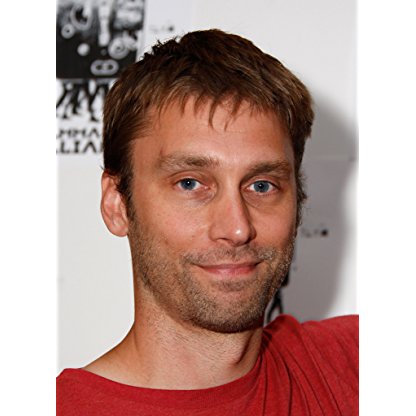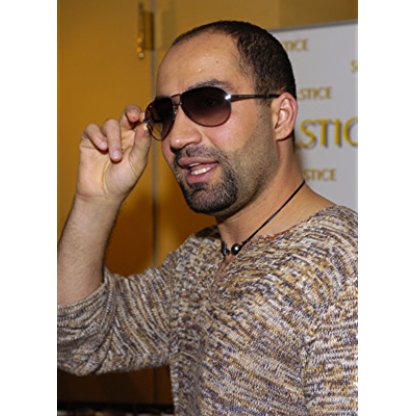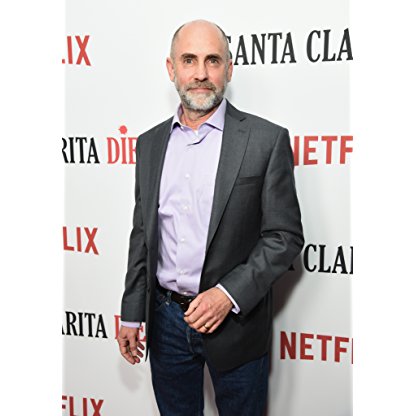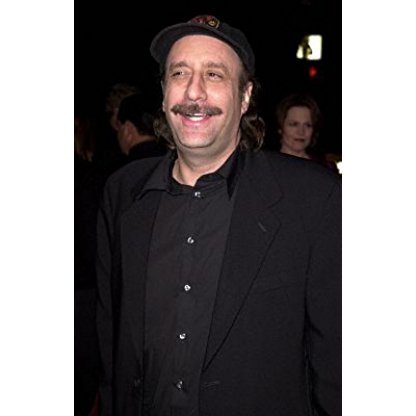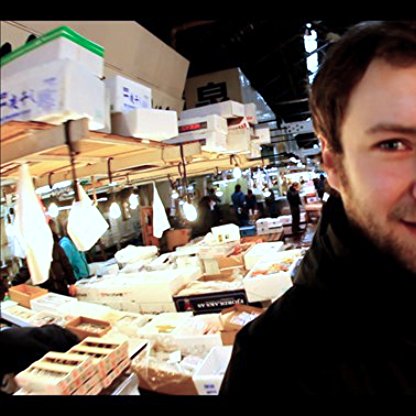In 2013, he directed a 30-minute documentary "The Dream is Now". It tells the stories of undocumented youth and their families who are desperate to earn their citizenship in the only country they've ever called home. The film follows the lives of 4 undocumented students in the United States as they deal with our "broken" immigration system. Guggenheim's film, however, offered only one perspective and possible solution: it advocated for Congress to grant an amnesty. The film was critiqued for failing to mention the social and economic costs of illegal immigration, especially the downward pressure on low-income Americans.
